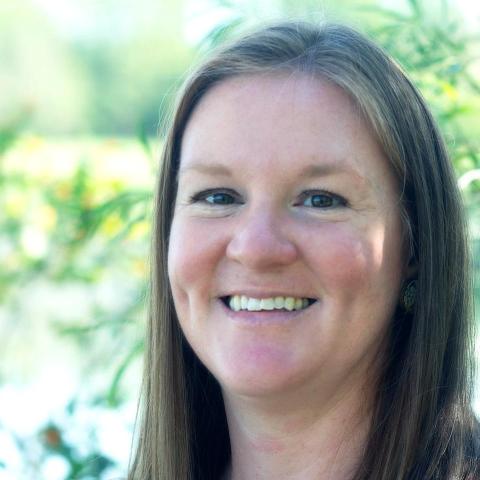I still recall many childhood meals starting with the rustle of plastic packages. My mom often made quick, convenient dishes. After a long day of work, she’d prepare macaroni and cheese or open a can of green beans. Time in the kitchen was limited, so we managed with what we had.
Looking back, I remember constant discomfort. I often had stomach aches that left me curled up on the couch. It wasn’t until years later that I realized I was sensitive to gluten. Many people tolerate everyday food without pain, while others suffer in silence.
Over time, we’ve learned to accept discomfort as part of life. It’s easy to get used to unhealthy relationships, unsafe surroundings, or poor diets. The struggle continues, especially when managing symptoms becomes routine. We often hear friends discuss their health issues as if they’re normal.
Interestingly, studies show that only about 20% of our health comes from medical care. The remaining 80% is influenced by factors like education, economic stability, and access to healthy options. For example, where we live plays a huge role in our health. If the nearest store sells only junk food, that limits our choices.
During my time working in public health, I saw firsthand the struggles many families face. As the Director of Community Health and Nutrition at a social service agency in Cedar Rapids, my mission was clear: provide meaningful support to those in need. We launched initiatives like Summer Meals for kids and collaborated on programs to improve local nutrition.
At a recent public health conference, I learned about the delicate balance rural health departments must maintain. In regions where agriculture is the main job provider, public health officials often feel pressured to avoid discussing issues tied to local industry. This raises questions about how we prioritize health over economic interests.
A recent report from the Iowa Cancer Registry attributed rising cancer rates to alcohol consumption, but it overlooked the impact of agricultural toxins. This highlights the need for a more holistic approach to public health.
As we consider health outcomes, we should ask ourselves: What’s the cost of allowing industries that harm our communities to thrive? How can we advocate for better health policies? Engaging in local politics is one way to influence change. Each vote matters, especially when it comes to health and well-being.
The responsibility for improving our health lies with us. We can take small steps in our personal lives while also pushing for broader changes in our communities. It’s a journey worth taking for ourselves and future generations.
Source link















:max_bytes(150000):strip_icc():focal(787x210:789x212)/justin-theroux-nicole-brydon-bloom-new-york-111124-16e8922dced14010b1f1952666a41f94.jpg?w=480&resize=480,480&ssl=1)





